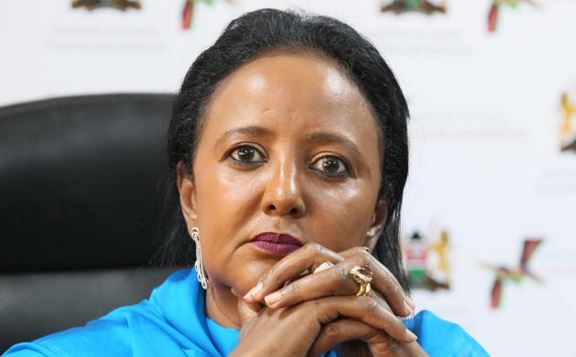×
The Standard e-Paper
Join Thousands Daily

Kenya’s candidate to the World Trade Organization’s (WTO) top post said on Monday she is seeking Washington’s backing and expressed some sympathy with its criticism of the global body as she emerges as one of two reform-minded African female frontrunners.
Amina Mohamed told Reuters a closed-door vetting session last week went “really well” as she outlined her platform to steer the body out of crises from global trade tensions and rising protectionism to a COVID-induced dive in business.